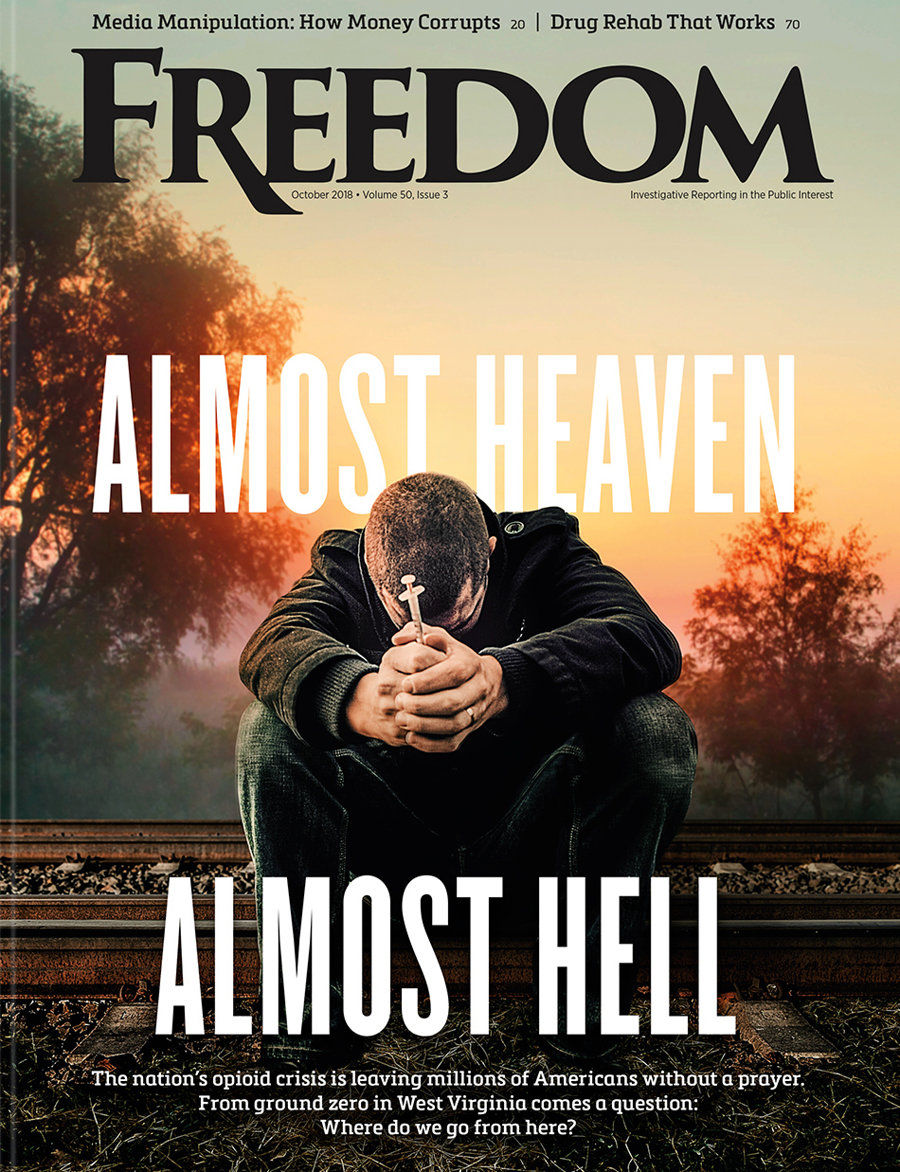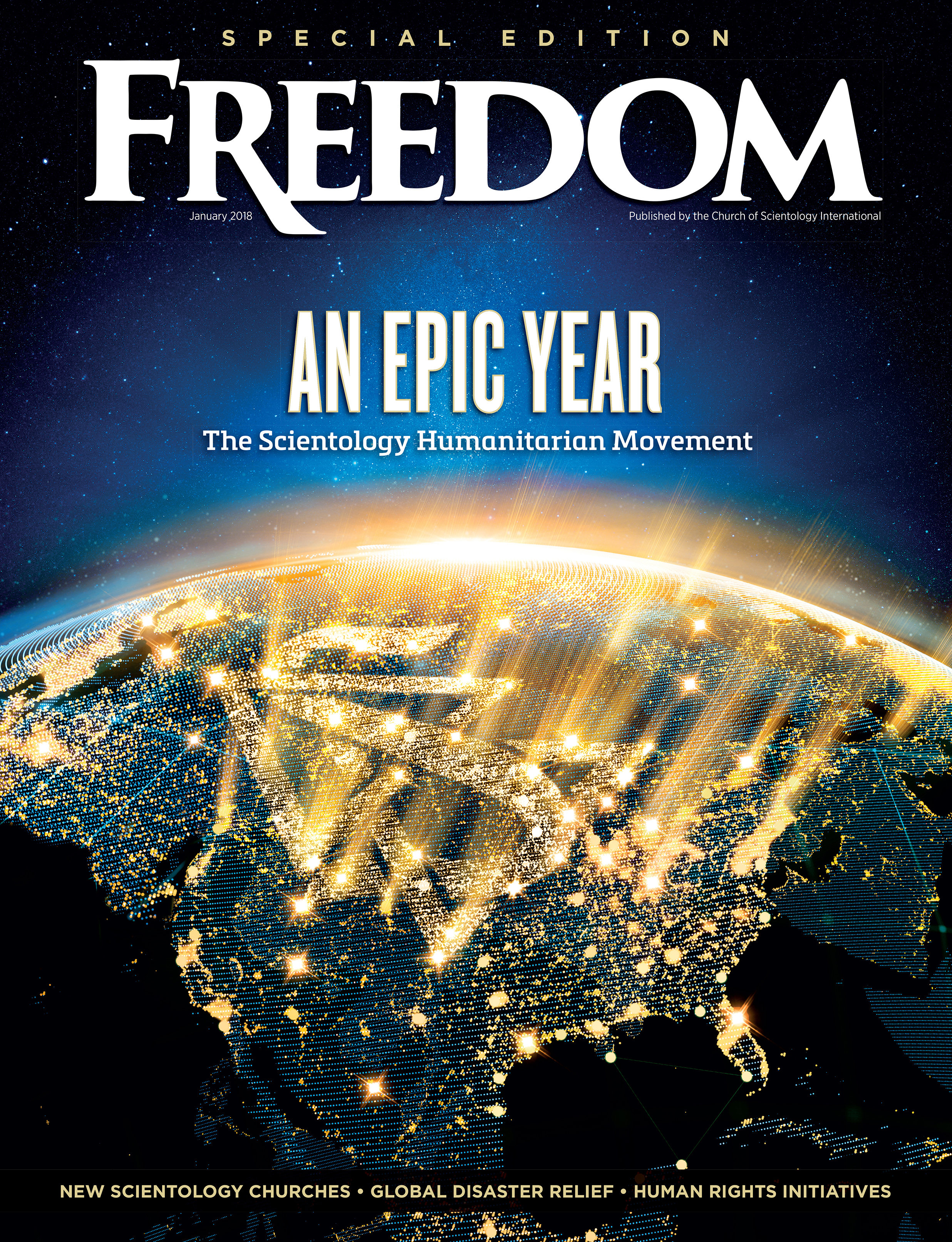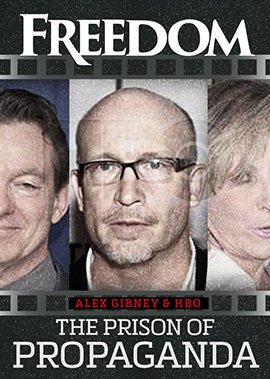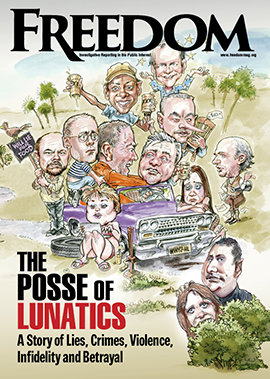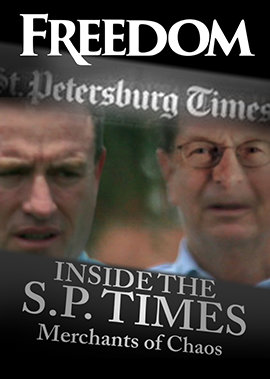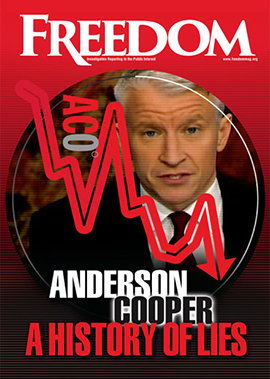Within 24 hours, Steve Hassan, self-described “cult expert” and professional dehumanizer by trade, tweeted that, according to “trustworthy sources,” the alleged assassin was angry about Abe’s support for the Family Federation for World Peace and Unification, better known as the Unification Church (UC), a global faith of about 10 million members worldwide, 600,000 of whom reside in Japan.

Within days, Hassan—an American citizen who has spent two generations bloodying that nation’s most cherished right, freedom of religion, through the unlawful practice of violent deprogramming—was posting on social media, stirring a soup of lies about the UC, accusing the church of instigating “the biggest scam in Japanese history” while incidentally peddling his own printed drivel.
By September, Hassan’s handiwork of hate—which was picked up by media eagerly fanning the flames and kindling public resentment of the UC—contributed to Japan’s Prime Minister Kishida Fumio promising to sever all party links to the “controversial organization.” (Wait. This is a church, yes? So how did it morph into a “controversial organization”?)
So, instead of outrage against the assassin, the public’s spleen was directed against his motive. Attacking that which provoked the crime rather than the criminal is like putting Ulysses S. Grant and the Union Army behind bars for what John Wilkes Booth did.
Finding that too many people in America believed in the First Amendment for him to maintain his lifestyle, Hassan turned his attention eastward.
But logic had long since fled, and the angry villagers were already on the march with their torches and pitchforks. By October 2022, the prime minister had launched an investigation into the church’s activities. By December, Japan passed a bill, clearly with the UC in mind, banning religious entities from soliciting money by exploiting the anxieties or spiritual obligations of parishioners.
Church officials fought back, accusing the media of “biased news coverage” including “hate speech” that “encourages religious discrimination against the UC.” Rev. Tomihiro Tanaka, who heads the Japanese branch of the church, called a spade a spade, rightly labeling the attacks by media and lawmakers “religious persecution.” “Our churches in Japan have been subject to death threats and threatening phone calls, abusive language blasting out of sound trucks and obstruction of assemblies, with some members of the media harassing ordinary members,” he said.
By early October of the following year, 2023, Japanese lawmakers, in what the UC called a politically motivated attack, filed a request in a Tokyo district court to disband the church.
Steve Hassan has learned his craft well. A follower of Ted Patrick, the thrice-convicted thug and “father” of deprogramming who once described freedom of religion as “one of the biggest rackets the world has ever known,” Hassan labels all new religions “cults,” feels that the entire American populace should be deprogrammed and has been described by sociologist and author Massimo Introvigne as “one of the most fanatical international anti-cultists.”

Hassan’s assault against people of faith includes physical abuse, food and sleep deprivation, imprisonment, harassment, threats and denial of toilet facilities—all ringing up criminal damage assessments in the millions, convictions and a concatenation of broken lives.
But finding that too many people in America believed in the First Amendment for him to maintain his lifestyle, Hassan turned his attention eastward, where he has been a busy bee. In 2017, he began posting hate to the Chinese government’s anti-religion website. Last year, he took to the cyber stage as a featured speaker, along with two apologists for the Chinese Communist Party (CCP), railing against religious liberty in general and newer religions in particular in a virtual gathering of pro-China activists.
China? You mean the China that—with its overt aggression against religion, its program of high-tech persecution of Christians, Tibetan Buddhists and Falon Gong (among others), coupled with its imprisonment in concentration camps of over a million Uyghur, Kazakh, Kyrgyz and other Muslims—has earned itself the contempt of free people everywhere and the designation of “Country of Particular Concern” by the United States Commission on International Religious Freedom? The China whose treatment of religious minorities in the Xinjiang Uyghur Autonomous Region was designated by the US Department of State as genocide and crimes against humanity?
Yes, that China. He coddled that China.
As “proof” that they were now cured, they were told to sue the church for damages.
Steve Hassan also feels warm and fuzzy dissing the Unification Church because he is an ex-member of that church. Apostates, however, are guaranteed to present a distorted and negative view of their former faith. As distinguished Oxford University sociologist of new religions Dr. Bryan R. Wilson wrote, “Neither the objective sociological researcher nor the court of law can readily regard the apostate as a creditable or reliable source of evidence. He must always be seen as one whose personal history predisposes him to bias with respect to both his previous religious commitment and affiliations. The suspicion must arise that he acts from a personal motivation to vindicate himself and to regain his self-esteem by showing himself to have been first a victim but subsequently to have become a redeemed crusader.”
Steve Hassan is no crusader, nor is he anywhere near redemption.
Respected sociologist and journalist Masumi Fukuda did her own digging and uncovered that the sordid standoff between Japan and religious freedom has less to do with deliverance and more with dollars. After interviewing numerous “deprogrammed” UC members, she asked the Japanese government to drop their dissolution claim.
Here is what she found: Over 4,300 members of the Unification Church in Japan had been abducted, some by torture, others by deception, imprisoned in residences or other places and not freed until they renounced their faith.
As “proof” that they were now cured, they were told to sue the church for damages and were referred to the National Network of Lawyers Against Spiritual Sales, aka “the Network,” a pro-Communist group formed in 1987 with the express purpose of destroying the Unification Church when that faith was openly fighting against Communism.
Ms. Fukuda likened the methods to the 17th-century persecution of Christians in Japan. “To save their life, it was not enough for them to tell the authorities they had abandoned Christianity,” she wrote. “They were asked to trample a painting of Jesus underfoot to prove they were no longer Christians. Similarly, now it was not enough for deprogrammed believers to state they were no longer members of the Unification Church. They should prove they had really left the church by filing lawsuits.”
“The Network,” she concluded, “was thus deeply involved in this abduction and confinement business because they were the attorneys in the subsequent lawsuits filed by former believers against the church. There were lawyers who became rich through these cases, as did deprogrammers and Christian pastors involved in the abductions, who received substantial amounts of money from the relatives of the believers they deprogrammed.”
Ms. Fukuda’s report is referenced in a larger package sent to the United Nations Human Rights Committee. The committee is well aware of the Japanese government’s habit of looking the other way at forced abductions and deconversions from new religious movements. The committee has repeatedly taken Japan to task for these abuses since 2014.
The Unification Church includes among its members the music director of the New York City Symphony, David Eaton, the Executive Director of the International Coalition for Religious Freedom, Dan Fefferman, Nevada state legislator Patrick Hickey, documentary filmmaker Lee Shapiro and senior fellow of the Discovery Institute’s Center for Science and Culture Jonathan Wells.
Supporters of the UC have included former House Speaker Newt Gingrich, diplomat Douglas MacArthur II, American Academy of Religion President Ninian Smart, and Ralph Abernathy, a close mentor and friend of Dr. Martin Luther King Jr., who served on two Unification movement boards of directors.
And while we’re on the subject of Dr. King, let us not forget what he wrote in a jail cell, just as true today as it was over 60 years ago: “Injustice anywhere is a threat to justice everywhere. We are caught in an inescapable network of mutuality, tied in a single garment of destiny. Whatever affects one directly, affects all indirectly.”
The fate of the Unification Church in Japan is our fate. If it can happen there, it can happen here. If it can happen to someone else’s religion, it can happen to yours or mine.
And it can happen tomorrow.






